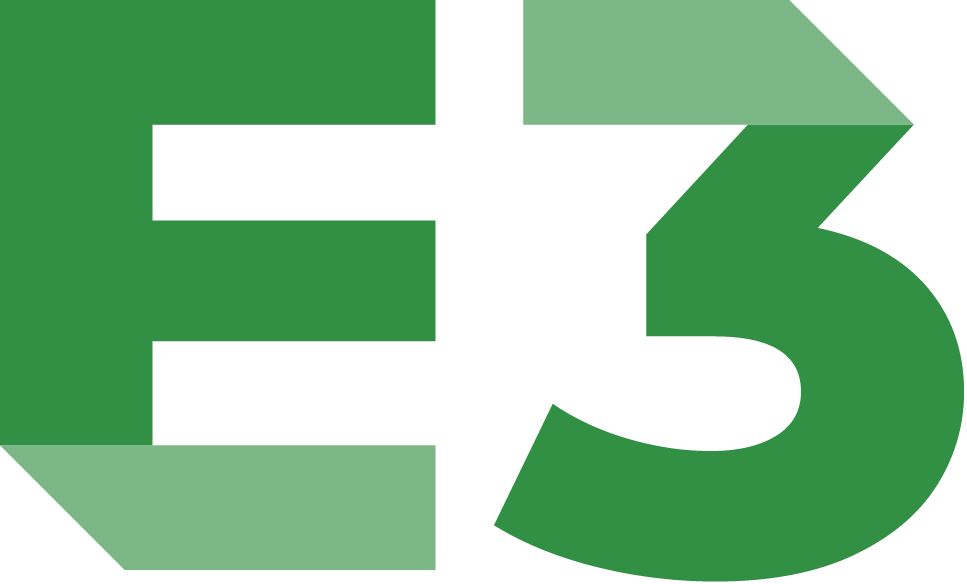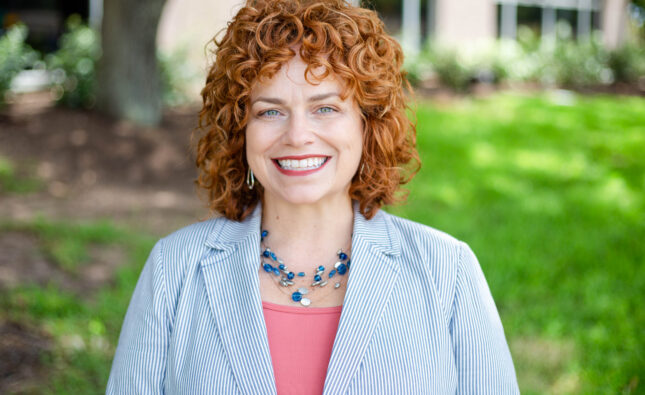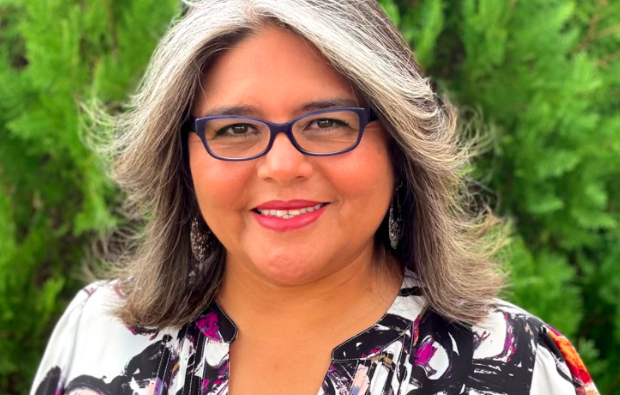by Laura Koenig
Kindergarten Readiness is the foundation for school success and lifelong learning. We know children who start with the basic building blocks for learning can and do succeed, and children who start behind, are more likely to stay behind. By choosing kindergarten readiness as the first goal of the Blueprint, the community demonstrated the clear understanding of the challenge that a significant number of children are entering the formal school system without the skills they need to succeed, as well as the underlying community responsibility that we need to do something about it.
Before we could act on improving Kindergarten Readiness, we had to know as a community how ready our kids were for school. There was a small problem -Texas did not have a standard for school readiness. Our community wanted a baseline to mark progress towards achieving this goal and to better understand student readiness.
An incredible group of stakeholders came together to select a measure for school readiness. One of the most remarkable aspects of the work became who came to the table to craft a solution. We needed parents, we needed teachers, we needed advocates who believed in what we were measuring and then would act on it. We needed to define what was important enough to all of us, to have us work together as a community. This involved researching what skills were predictive of school success, knowing what the expectations were in the Kindergarten classroom (and the classrooms that came after), and knowing our hopes and dreams for our children. The fantastic collaboration of experts and researchers helped define and shape the process as it unfolded, but in the end School Readiness was not only an academic question, it was an aspirational question: “What does it mean to be Kindergarten Ready?” Defining this as a community was very important, and very necessary. Without the collective community will behind it, we would not improve on any measure of Kindergarten Readiness.
In 2008 E3 Alliance, with United Way, Education Service Center Region 13 and San Marcos School District, led a collaborative of Pre-K and Kindergarten teachers, early childhood experts, and community members who worked for almost two years, taking the best measures available, to develop the first standard for school readiness in the history of the state of Texas.
It’s called: Ready, Set, K!
Ready, Set, K! has 4 main components:
1. For students: a powerful and holistic assessment of their readiness for school.
2. For teachers: instructional practices to build readiness.
3. For families: tools to support learning and instruction at home.
4. For the community: a baseline and yearly measure to see collectively how we are doing, and factors correlated to Kindergarten Readiness.
E3 Alliance has used Ready, Set, K! for 3 years to study student readiness across our region and the factors associated with readiness, to support better practice and policies. So far, Ready, Set, K! instructional practices are being used in 15 regional school districts.
One of the most remarkable facts about the Ready, Set, K! Study is that is voluntary. Districts opt in to let teachers participate. Principals and Teachers collect this data on students to inform their own practice, but they take it a step further to help inform the entire community. Nine out of 10 Kindergarten teachers in the study report that Ready, Set K! has benefited their teaching and instruction, and that is a key piece of the puzzle. Data should inspire action – at a child level, a classroom level, a district level and at community level. We want to help children build on skills they need today, tomorrow and for years to come.
The study is a powerful example of collaboration! I am inspired daily by the work of these educational professionals, parents, community members, policy makers who are working together to make sure students are ready for school and have the foundation necessary to succeed!
What have we learned so far?
Three years of data clearly show:
- Almost half of Central Texas children are not ready for Kindergarten across a range of skills in Language & Communication, Mathematics, Emerging Literacy, and Social Emotional skills – the range of competencies we agreed as a community children NEEDED to be ready for Kindergarten.
- Family income level is a strong predictor of readiness; with children in low-income homes less likely to be ready for Kindergarten.
- Kindergarten students who attended Pre-K were more than 4 times as likely to be ready for school.
- Among low income students who attended Pre-K, 45% were still not ready for Kindergarten.
|
This presents a dual agenda for the region: the need to support Pre-K, especially for our poorest students, and the need to improve the quality and consistency of Pre-K instructional practice in public and private providers to ensure all children get the most out of this critical system.
What can we do?
The Central Texas Community is currently working on ways to increase Pre-K enrollment and exploring ways to get the most out of our current Pre-K systems. Further analysis of the Kindergarten Readiness Study data indicate promising practices:
- Districts with full day Pre-K programs had significantly higher rates of enrollment for eligible children (81%) as compared to districts with half day Pre-K programs (69%).
- Students who had been in full day Pre-K were more ready for school in the language and communication domain compared to students who had been in half day Pre-K.
- Overall readiness for students who attended Pre-K in a district with full day Pre-K and a low student-teacher ratio showed higher Kindergarten readiness than those who attended in a district with half-day Pre-K, a high student-teacher ratio, or both.
|
Research has clearly shown that kindergarten readiness is the foundation of school success and lifelong learning. Children who are given the opportunity to gain the basic building blocks of learning can succeed. Those that do not have these opportunities, start behind, and stay behind! It is our community’s responsibility to ensure that all children are school ready and have the resources and skills they need to succeed to ensure a brighter future for our region.
Kindergarten-Readiness-Legislative-03-20-13
Kindergarten-Readiness-Legislative-03-20-13
 Laura Koenig, School Readiness Director
Laura Koenig, School Readiness Director
For over 20 years, Laura Koenig has been working with families through direct child care, parent education, provider education, public policy and advocacy in Central Texas. In her early career, Ms. Koenig worked in child care as an infant teacher. This work with children and families inspired her to pursue a systems change approach in early care and education through public policy. Most recently before joining the staff of E3 Alliance, Ms. Koenig coordinated the Parents of Newborns project at FamilyConnections, providing education and outreach to over 7,800 new families annually. Prior to that, Laura was part of a community-wide initiative to improve access to quality, affordable child care, the Institute for Child Care Excellence, where she served as the policy and education specialist. Ms. Koenig earned a BA, Plan II, Cum Laude, from The University of Texas of Austin with a concentration in Psychology. She also holds a master’s degree in public affairs from the LBJ School at The University of Texas, where she focused on child and family policy.







